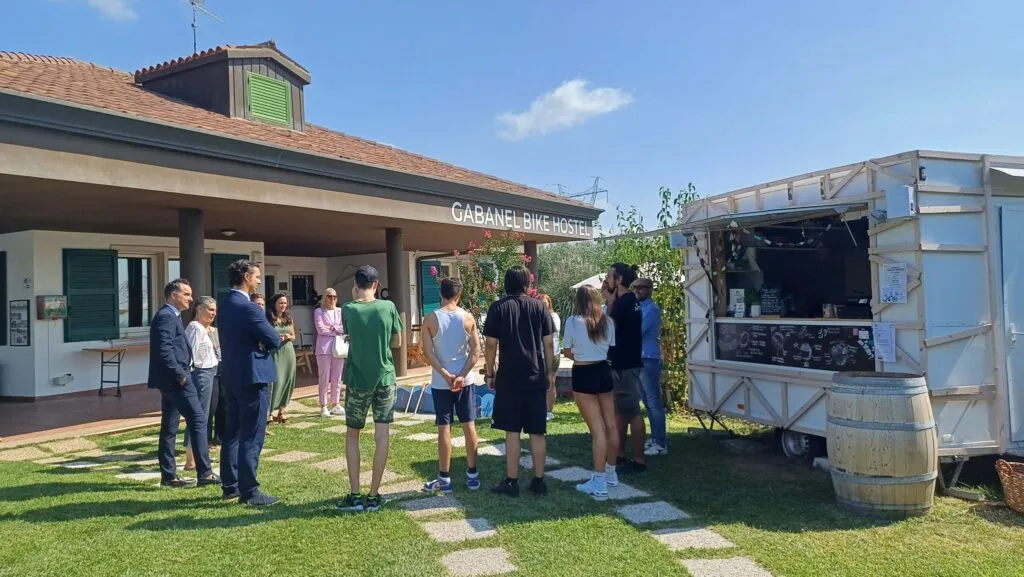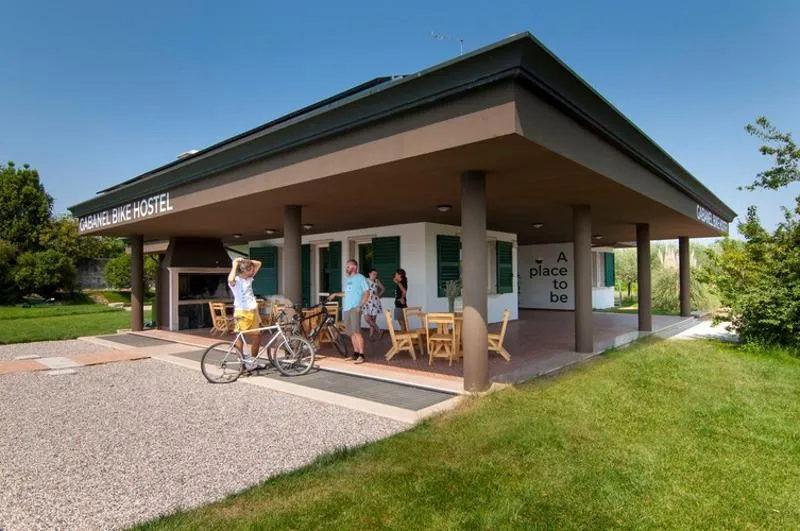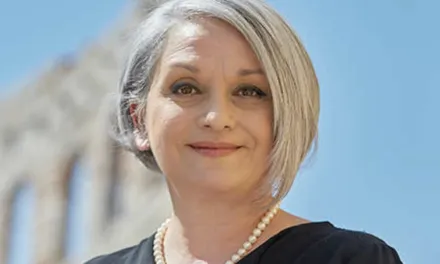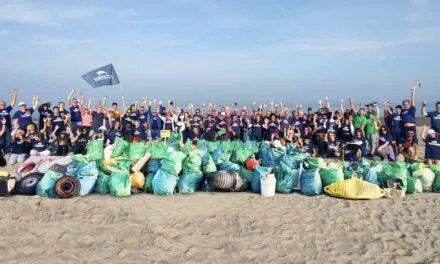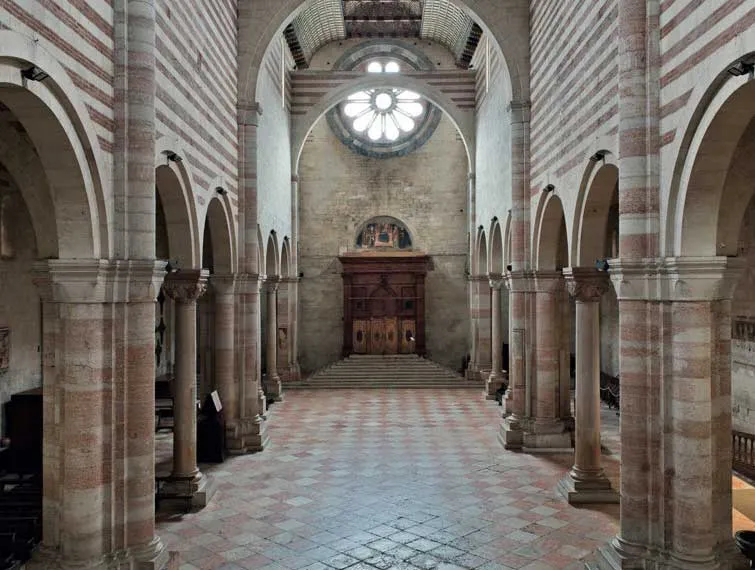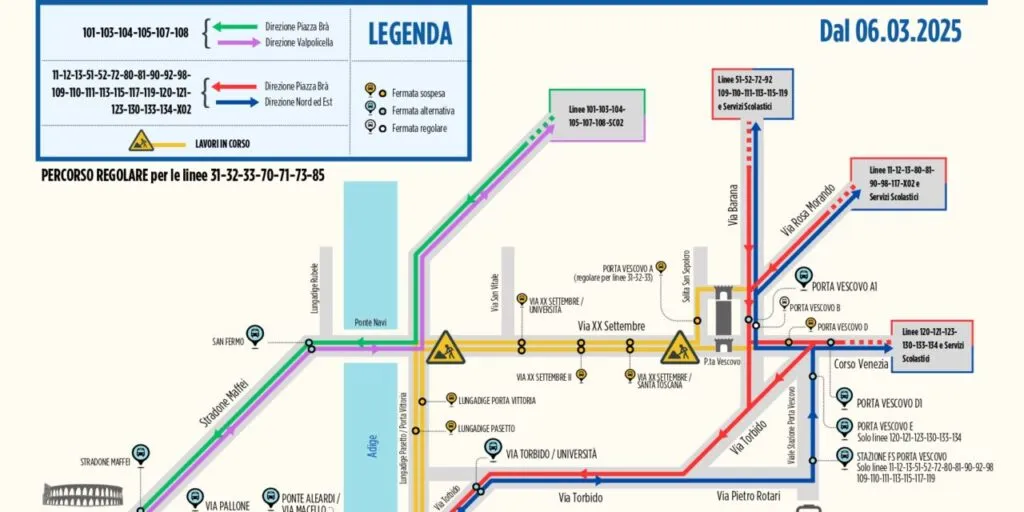The fundraiser for A Place to Be, the Veronese project that helps NEETs to break the cycle of isolation, has reached 109 thousand euros.
Verona is the Italian city with the lowest percentage of NEETs, young people who do not study or work. A lot of pride, but even more work, is hidden behind such a statement. An often silent work that, unfortunately, sometimes goes unnoticed but which, in reality, is the fundamental basis of the most recent statistics that portray Verona as a city that is increasingly focusing on young people.
Among the initiatives that have led our city to reach 90.5 percent of young people who are either working or studying is “A PLACE TO BE!”, a social project with a dual goal: to promote eco-cycling while also providing young people with tools to break the cycle of isolation and inactivity.
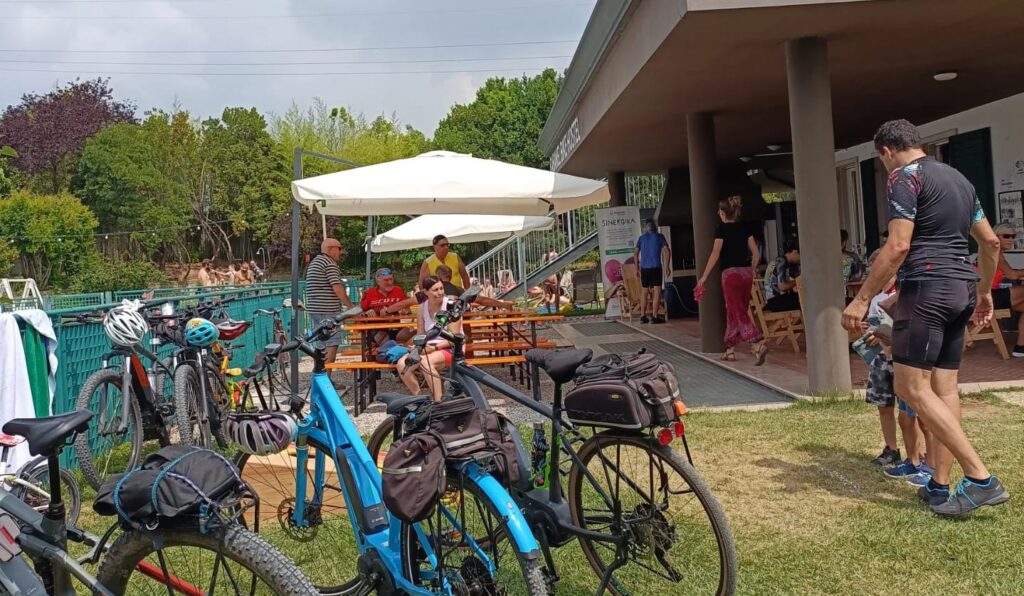
In Verona, more than 90% of young people are enrolled in school or employed; thus, 10% of young people are still trying to make their own way in the world.
These are generally young people aged 18 to 30 who face an increasingly competitive, fast-paced world made up of numbers rather than people and, above all, full of options. When thrust into an environment where expectations are greater than they are willing to bear, some young people pull back psychologically and physically, drop out of school, spend less time with their peers, and even stop leaving their rooms.
These are girls and boys who “simply” need a place to be, like that of Gabanel Bike Hostel in Bussolengo (a Municipality of Verona), where Cesvi Fondazione, in collaboration with Hermete Cooperativa Sociale, is developing a project supported by Intesa Sanpaolo.
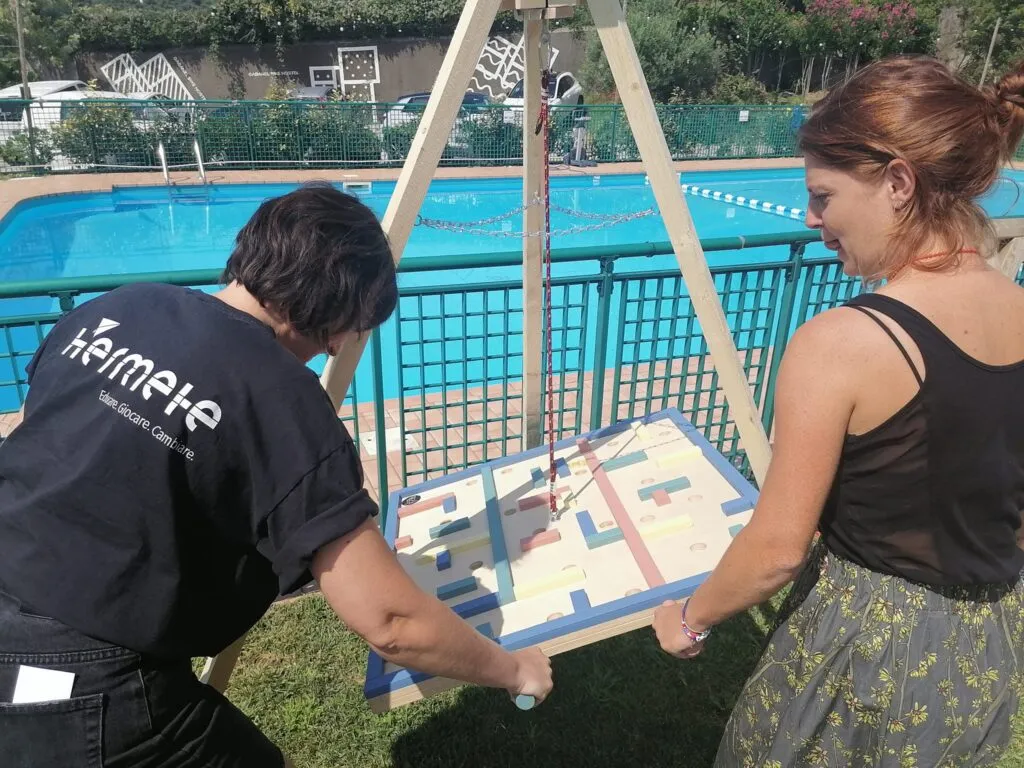
Gabanel Bike Hostel was transformed from a mafia-seized structure into a place to be.
Thanks to Gabanel Bike Hostel, young people referred by their families, schools, or social services have the opportunity to get back into the game by working with the goal of rediscovering their qualities and potential as well as reintegrating into society. Since its founding in 2022, the hostel has focused on promoting eco-cycling tourism, particularly through the development of new spaces dedicated to both hospitality and social, artistic, and leisure initiatives.
A fundraiser was launched late last year to expand and improve the project and it raised 109,000 euros in a few months. The proceeds enabled six young people aged 16 to 25 to begin a year-long campus accompanied by a Master Educator to learn the various jobs associated with the hostel, ranging from the hostel management to garden care. In addition, a new tourist and cyclist reception area, as well as a Bici Grill area, were built.
Part of the donations, on the other hand, allowed ten more eight-week work grants to place young people on two different educational campuses, always under the supervision of educators. On the campuses, they are learning skills such as carpentry, maintenance, painting, and general maintenance.
